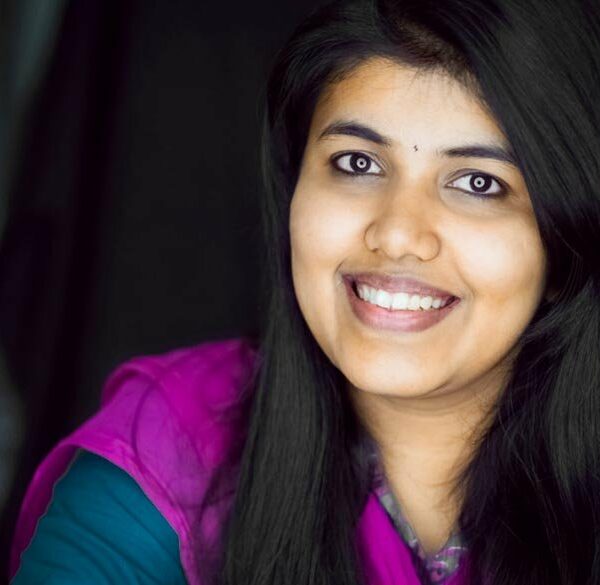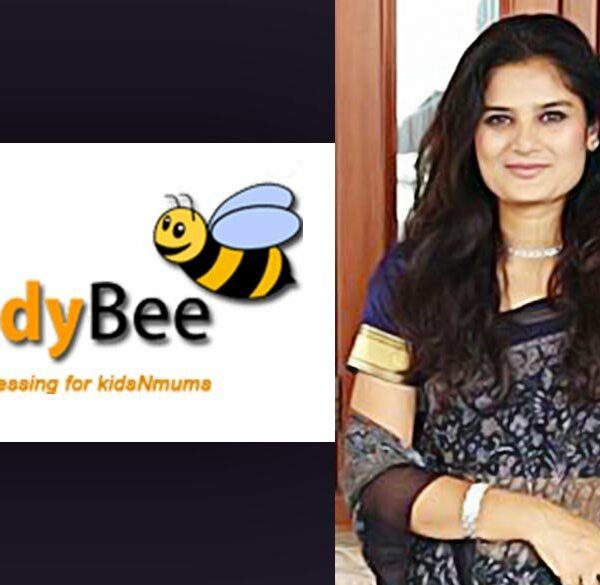Sex, there, I said it. This word has a tendency to make a lot of people squeamish. Rose asked Jack to take her to the stars and the entire family started admiring the paint drying on the wall during Titanic, is one true example of how we deal with sex in India. We have entered the 20th Century and yet this little three-letter word has the power to make every Indian household uncomfortable.
We are a growing population of 1.37 billion, but one thing that we still don’t openly talk about with our children is the birds and the bees.
Sex Education is an essential part of the wholesome education to aid adolescents and teenagers with the knowledge and information of sex, sexuality and sexual behaviour to guide them in making better, informed life choices. The entire concept of Sex Ed stemmed from the western education system but later fragments of its curriculum were implemented in India as well.
Since the heinous crimes of sexual violence against women have reached abominable levels, the citizens of the country have come to a saturation point and demand reformation of laws, judiciary and social conditions. To observe a change in the nation as diverse and massive as ours, we need to instil structural change in our morals, nurturing and conditioning.
Various schools in the US and Europe cover different parameters of their Sex Ed curriculum such as: relationships, sexual harassment, reproduction, various forms of abuse, family planning, practices of safe sex, abortion, STDs, sexuality, pregnancy and anatomy. Whereas, the basic topics that we cover in Indian curriculum for Sex Ed are: reproduction, male and female reproductive anatomy, STDs, good touch and bad touch, the conception of pregnancy and the basics of contraception. We lack the fundamental lessons of emotional and mental effects of sexuality and sexual harassment.
Feministaa contacted various students, parents and teachers to understand the state of sex education in our schools and the contribution of teachers and parents in it.
Raghav Rastogi, a 14-year-old boy, who studies in grade 9 said, “The only thing we’re taught about Sex Ed in school is good touch and bad touch.” He also expressed the curiosity to know more about it.
Whereas, Janhvi, a 15-year-old thinks that “Sex Ed is just about indulging in sexual activities with someone.” She vehemently said that “Sex Ed is very important because these days we see a lot of rape cases and sexual violence towards women, like the recent Priyanka Reddy case so people should know about it.”
However, the teachers say:
Renu Sharma, a former teacher at a private school, has taught Science and Biology to grade 8 and 10 students for over 12 years now. Talking about Sex Ed, she said that she taught students about “adolescence, periods, puberty, reproductive system, sexually transmitted diseases, good touch and bad touch.” She further added that students often got very curious with topics like these and sometimes she had to segregate boys and girls into different classes to teach them. She firmly believes that Sex Ed shouldn’t just be a topic in the curriculum, parents should also pay attention to this important aspect of their child’s mental development.
Another Biology teacher at a private school in East Delhi, Savera Sarin, also highlighted the academic aspects of the basic anatomy knowledge such as reproductive system, reproductive health, childbirth, menstruation and STDs. Furthermore, she concluded, “that schools provide seminars for female students regarding reproductive hygiene.” That’s the extent of what our academic curriculum teaches.
Sex Education enables budding young people to understand the changes they observe in their body and behaviour.
20-year-old Neelansh Prasad says that “Sex Ed shouldn’t just be limited to male and female genitalia. We should also be taught human psychology and right sexual behaviour.” We should also be taught how to handle our sexual organs and natural urges responsibly. No one should misuse their physical strength to violate anyone physically, mentally or emotionally. “Sex Ed with a combination of moral ethics is extremely important to be taught to the young children and every citizen for that matter. People should know morally what is right and wrong. Because I think people who commit rape in India do not think like they have committed a monstrous crime. Moral ethics and education will teach people about subconscious rights and wrongs.” Parents of this young man might not have blatantly used the term sex while giving him the Sex Ed but they clearly stated the right and wrong behaviour of a gentleman and raised him with moral ethics and the importance of consent. Parents often shy away from this uncomfortable topic of the birds and the bees and that’s what people we interview also expressed.
Pragati Jain, a 17-year-old student said that she wasn’t told much about Sex Ed from her parents because the society makes any discussion regarding the topic of sex a taboo. She believes the growing sexual violence against women and rape cases are a result of lack of sexual education amongst people.
Raising young girls in this modern world has its own challenges, urban mothers often face varied issues whilst communicating with their young ones. On the topic of imparting Sex Ed to her young daughters, Pooja Jain, mother of two teenage girls said that “Frankly speaking, I didn’t really share all this information with my kids, I just had a word with my older and younger one about periods and they said that their teacher informed them about this.” The inherent shame associated with topics related to sex and taboo of menstruation disables women to maintain transparency in communication regarding these issues. But, on a hopeful note, she expresses that “we should disregard the orthodox society and talk about all these topics with transparency to guide children in the right path and educate them well.”
The foundational education of reform begins at home and Renu Sharma believes that “Parents and their children need to let go of the communication barrier and talk about the topics that might make them uncomfortable because that would dissolve the generation gap.”
Rape and sexual violence against women have transformed into the heinous rape culture that contaminates modern India. All the people from the young generation, parents and teachers collectively believe that making sex education compulsory in schools would be a reformatory step in absolving this evil.
Sex Education isn’t just a crucial part of the curriculum in our education system anymore, it is also the quintessential need of the hour to eradicate the rape culture.












